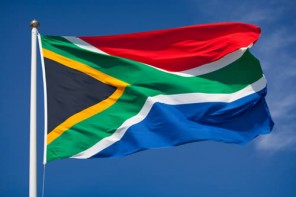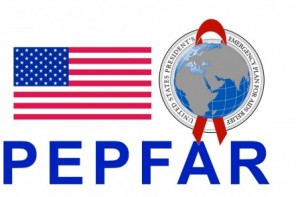Last night, shots and shells fell near the same city that brought me such needed reprieve only a week ago.
The FNL lashed out at Bujumbura, the capital of Burundi, with more severity (if by severity, you understand “mortar fire” ) than the country has seen in at least a year. At grad school, we learned that you call belligerent guerrillas like the FNL “spoilers.” It is a highly technical term, derived from the fact that they…spoil peace.
I haven’t been to any country in this part of the world where people haven’t used the term “fragile” to describe the peace, but the word seems particularly apt for Burundi. Its most recent conflict–but there have been so many–started in 1993, after what a lot of people consider to be an unacknowledged genocide. (You can read a little explanatory rant of mine on this here.) It took 12 years to get a peace agreement, but the FNL hasn’t signed. It wants amnesty and, it’s been said, some power. (Who with a gun doesn’t?)
But the only thing we know are little blips like this one, from Reuters:
BUJUMBURA (Reuters) – Rebels from Burundi’s last active guerrilla group fired mortar bombs at government positions in clashes that killed 10 rebels and four soldiers, an army spokesman said on Friday.
The fighting, which started late Thursday and continued into Friday morning, was centred on the rebel stronghold of Bubanza some 50 km (30 miles) northwest of the capital Bujumbura, the military’s deputy spokesman Colonel Justace Ciza said.
We also know, via other little blips, that Hussein Radjabu, a controversial but powerful political figure there, was just sentenced to 13 years in prison for “plotting to destabilise the central African country.” The International Crisis Group has in the past basically blamed a good deal of Burundi’s difficulties on Radjabu, so it’s not totally clear whether the 10 people who were arrested protesting Radjabu’s conviction as “a political trial” that was “manipulated by the government,” as one parliamentarian argued, are necessarily the voices of unquestionable truth on the matter, much as our cliches about African governments and trials might lead us to give them the benefit of the doubt.
So far, no one’s written anything connecting the FNL bomb blasts to the arrests. Basically, we know, that is, some stuff exploded, and that the guys who set off the explosions have a grudge, and that there are other people around with grudges, too.
My question is, are Bujumburans scared? What do they think this means? How can they tell whether this is an errant moment of isolated violence, or whether this is going to kick something else off? How do the evaluate the events of the last few days together?
Wish I were in Bujumbura, and I could tell you.


